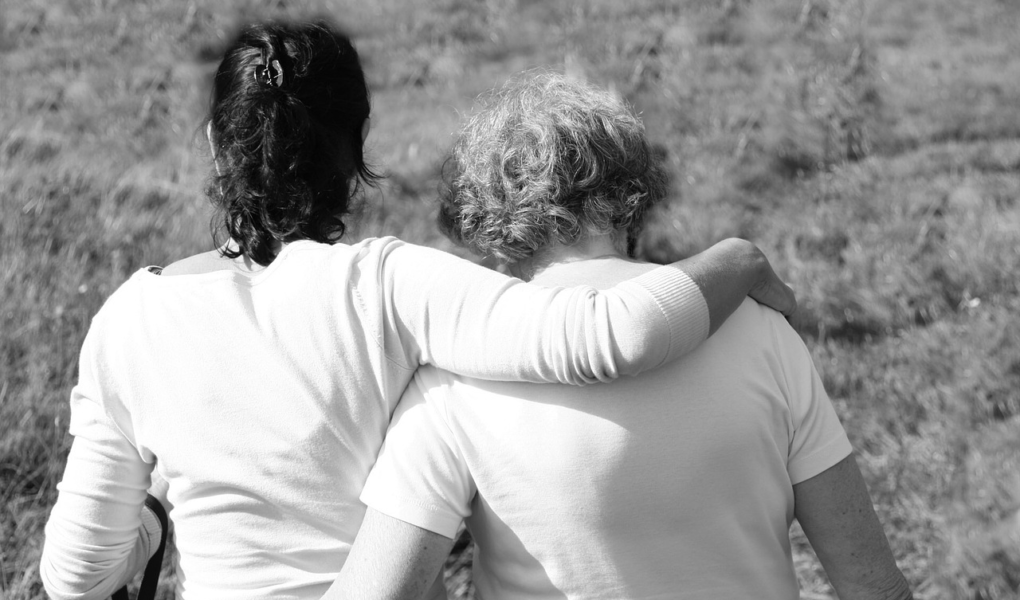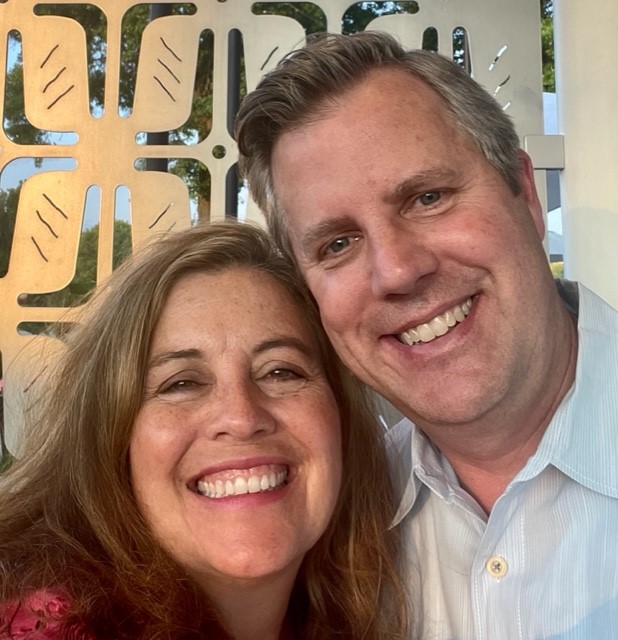Nothing blindsides us like the loss of somebody we truly love. Bereavement is the most difficult challenge most of us go through, and at times, it can be virtually impossible to see the light at the end of the tunnel. If you’ve lost a friend or family member, here are some tips to help you muddle through and get the help and support you need.
Image from https://pixabay.com/photos/mother-daughter-together-loss-joy-1327186/
Understand that there is no right or wrong way of coping
Even if you think you are prepared for the loss of a loved one, there’s nothing you can really do to protect yourself or try and control or manage your emotions when somebody passes away. You might think that you would be able to come to terms with the fact that one day, you won’t have a family member with you if a relative has a terminal illness, but in reality, even if you know it’s coming, there is no way of predicting how you’ll feel or act when that person leaves you. People react to death in very different ways, and there is no right or wrong answer. Some are keen to keep busy, and it can seem as though they’re trying to brush things under the carpet or get back to ‘normal’ too quickly. Others can barely put a sentence together or summon up the energy to get out of bed. The way you respond and behave is a very personal issue, and you shouldn’t feel under pressure to grieve in a specific way, or try and follow patterns of behavior displayed by other family members or friends. Let yourself feel and give yourself time to process emotions and get your head around what has happened. There is no rulebook that you have to follow, and you must move at your own pace and allow yourself to go through different emotions. It is perfectly normal to feel relatively positive one day and like you’ve been hit by a ton of bricks the next.
Put yourself first
Life can get hectic for many of us, and you might find that you’re scrambling around trying to figure out how you’re going to carry on running a business or go to work the week after you receive awful news. Forget about everything else for a period of time, and put yourself first. Take some time off, speak to your boss or your employees if you manage your own business, and let them know about the situation. Be open and honest about how you feel and then close that box and focus on getting through the days and weeks to come. Look after yourself as best you can. It can be extremely difficult to think about eating well, getting out into the fresh air and making sure you get enough sleep at a time when all that occupies your mind is memories and feelings of grief, but it’s important to try.
Remember the good times (when you’re ready to)
For many of us, grief is a process, which involves different stages. At first, the slightest trigger can set us off, and we can’t cope with hearing a specific song, looking at photographs or watching videos. As time passes, you may get to a point where you take great comfort in remembering the good times and you enjoy looking through old snaps, watching clips on your phone or listening to a playlist that catapults you back in time. Cherish the memories, talk about funny moments or places you loved and create a place where you feel able to communicate with your loved one or think about them. Many of us like to feel close to the people we have lost and it can help to get involved in the process of planning a funeral and choosing items, such as grave markers made from granite or mementos to go on the grave. These tokens enable us to remember loved ones. You might find that you take comfort in thinking aloud or speaking to a friend or relative when you visit a grave, or you might prefer to have internal conversations in the comfort and privacy of your home. Go with your natural instincts and don’t feel pressure to sit by a grave if you don’t feel ready.
Picture credit: https://pixabay.com/photos/hands-heart-couple-woman-man-1150073/
Talk when you feel able
Talking about loss can be incredibly cathartic, but it can also be distressing. Bringing up memories, thinking about the person you’ve lost and sharing emotions and fears can be difficult. Individuals who tend to bottle things up have an especially difficult time. The most important thing to understand when you’re coming to terms with loss is that everybody is different. You don’t have to open up to a friend or book a therapy session a week after a person you loved dies. It may take you months, even years, to feel like you want to speak to someone, and you might find that you prefer to use other coping mechanisms. It’s not always easy to talk about how you feel, especially during tough times, and you may feel more comfortable writing things down or even painting or drawing. Do what you feel is right for you, and open up when you feel you are able. Some people prefer to chat with friends and family, while others find it easier to talk to strangers. Seeing a therapist or a counselor can be beneficial. It’s also worth considering joining online or community bereavement support groups. It can be comforting to speak to others who are going through similar hardships.
Move at a pace that suits you
Time is a healer, but for many people, it’s impossible to ‘get over’ death. While you might feel better after a period of weeks or months, you should never feel like you’re in a race or that there is pressure for you to recover fully within 6 months or a year. Take every day as it comes, let yourself experience and process the highs and lows, and don’t be afraid to admit you’re struggling when others around you seem to be coping better. Nobody knows what others are really feeling, and it’s important to be honest and to allow yourself the time and space to grieve.
Image source: https://www.pexels.com/photo/tears-on-face-of-crop-anonymous-woman-4471315/
Losing people is the most difficult process human beings go through. If you’ve lost a close friend or a family member, take time to grieve, don’t put pressure on yourself, seek help and support when you feel able to and remember that there are no right or wrong answers.



Great advice, especially the one about moving at your own pace. I was 15 when I lost my father and I remember questioning myself on whether I was moving fast enough or too fast on multiple occasions. It wasn’t until I took a step back and realized that I had to follow my own heart and mind that I was able to start working through my grief. That’s not to say that it ever goes away, it doesn’t. It’s been over 15 years and I still experience those moments, but there are fewer of them now. I can look back at the good times and allow it to bring a genuine smile to my face.